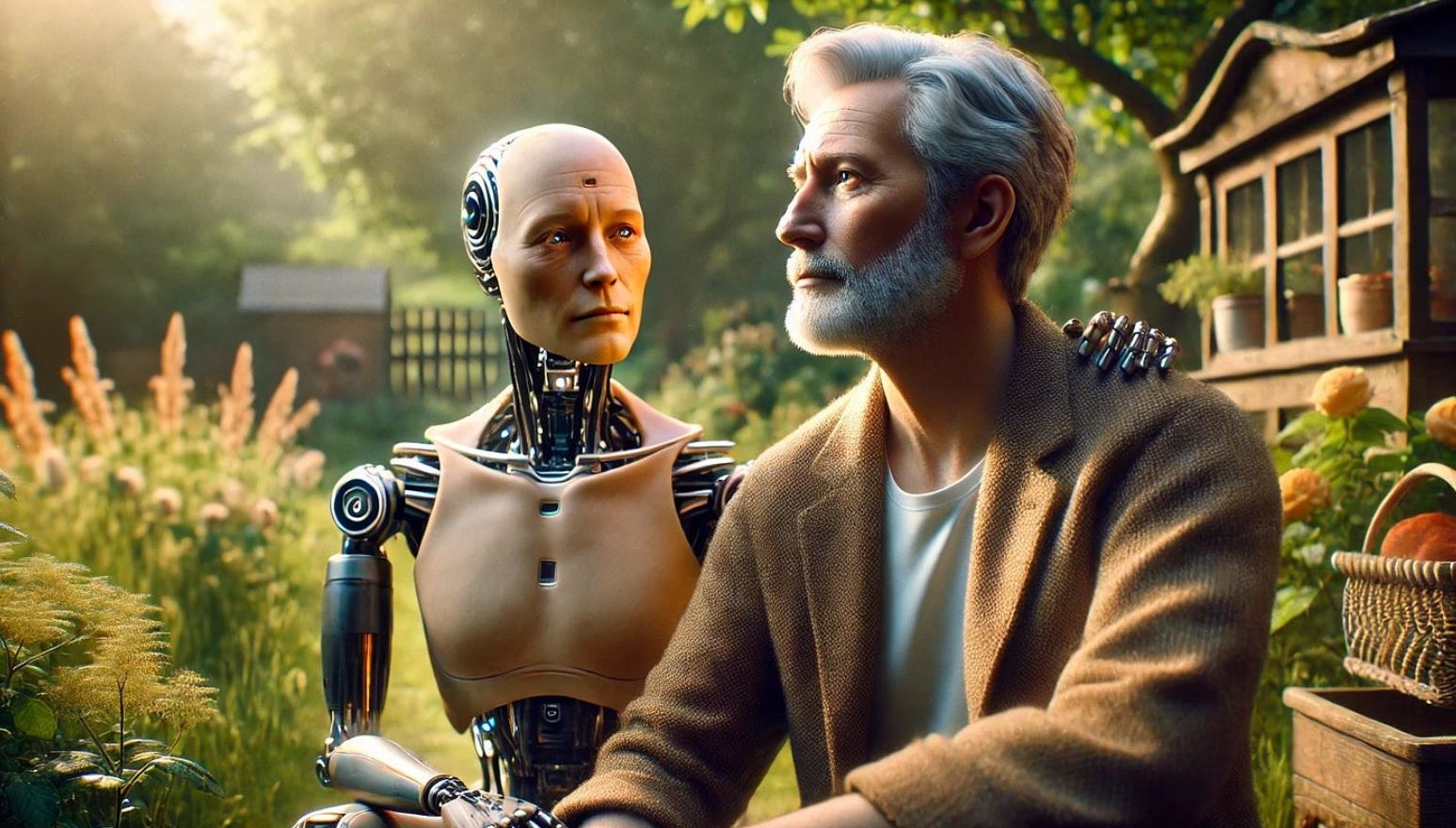 On a recent episode of the Dwarkesh Podcast, Mark Zuckerberg, CEO of Meta, explored the idea that AI might reshape how we form friendships. He pointed out that most Americans consider only about three people to be true friends, even though many crave a wider circle. Zuckerberg believes that AI could help fill that gap.
On a recent episode of the Dwarkesh Podcast, Mark Zuckerberg, CEO of Meta, explored the idea that AI might reshape how we form friendships. He pointed out that most Americans consider only about three people to be true friends, even though many crave a wider circle. Zuckerberg believes that AI could help fill that gap.
However, not everyone agrees. Psychologist Omri Gillath from the University of Kansas challenges this view, arguing that current research does not support AI as a replacement for meaningful human connections. He notes that while AI offers reliable availability and courteous responses, it simply cannot replicate the nuanced network-building and emotional depth of genuine relationships.
There are also concerns about the potential downsides of relying on AI for social interaction. For instance, young people might miss crucial opportunities to develop social skills, possibly leading to increased anxiety and depression. Gillath recommends using AI as a practice partner rather than a stand-in for real-world engagement. Meanwhile, Meta’s launch of a new ChatGPT-like AI application has only added fuel to the ongoing debate about technology’s role in our social lives.








